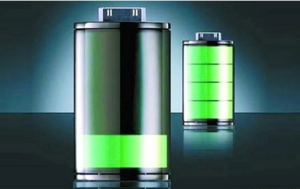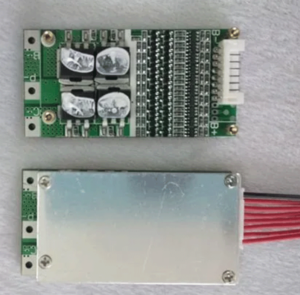A short circuit refers to an abnormality in the circuit path inside or outside the battery, resulting in an abnormal increase in current, which may cause fire, explosion and other dangers. The following are possible causes of short circuits during the lithium battery manufacturing process:

1. Reasons:
1. Electrolyte leakage: The internal seal of the battery is poor, the electrolyte composition is inappropriate, the battery is damaged externally, etc.
2. Electrode material damage: improper operation, material quality problems, external damage to the battery, etc.
3. Damage to the diaphragm: improper operation, quality problems with the diaphragm, external damage to the battery, etc.
4. The electrode is in contact with external metal: improper shell design, shell material quality issues, external damage to the battery, etc.
5. Short circuit during charging: improper charger design, charger quality issues, user error in using the charger, etc.
6. Short circuit during transportation: The battery is squeezed, hit, etc. during transportation.
2. Preventive measures:
1. Electrolyte leakage: Ensure the battery is well sealed inside, select appropriate electrolyte components, and conduct strict quality control and testing.
2. Electrode material damage: Strengthen quality control during the production process to ensure the integrity and stability of electrode materials.
3. Diaphragm damage: Choose high-quality diaphragm materials and strengthen quality control during the production process to ensure the integrity and stability of the diaphragm.
4. The electrode is in contact with external metal: select appropriate shell materials and a well-designed shell structure, strengthen quality control during the production process, and ensure the insulation performance of the battery’s exterior.
5. Short circuit during charging: Choose a charger that meets safety standards, strengthen user education, and inform users of the correct charging method.
6. Short circuit during transportation: Choose appropriate packaging materials and transportation methods, and strengthen protective measures during transportation.
Through the above preventive measures, short circuit problems that may occur during the manufacturing process of lithium batteries can be effectively prevented and the safety performance of the battery can be ensured.
In summary, in order to prevent short circuits during the manufacturing process of lithium batteries, it is necessary to strengthen quality control, select high-quality materials, and design reasonable production processes to ensure the safety performance of batteries.




